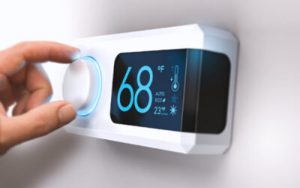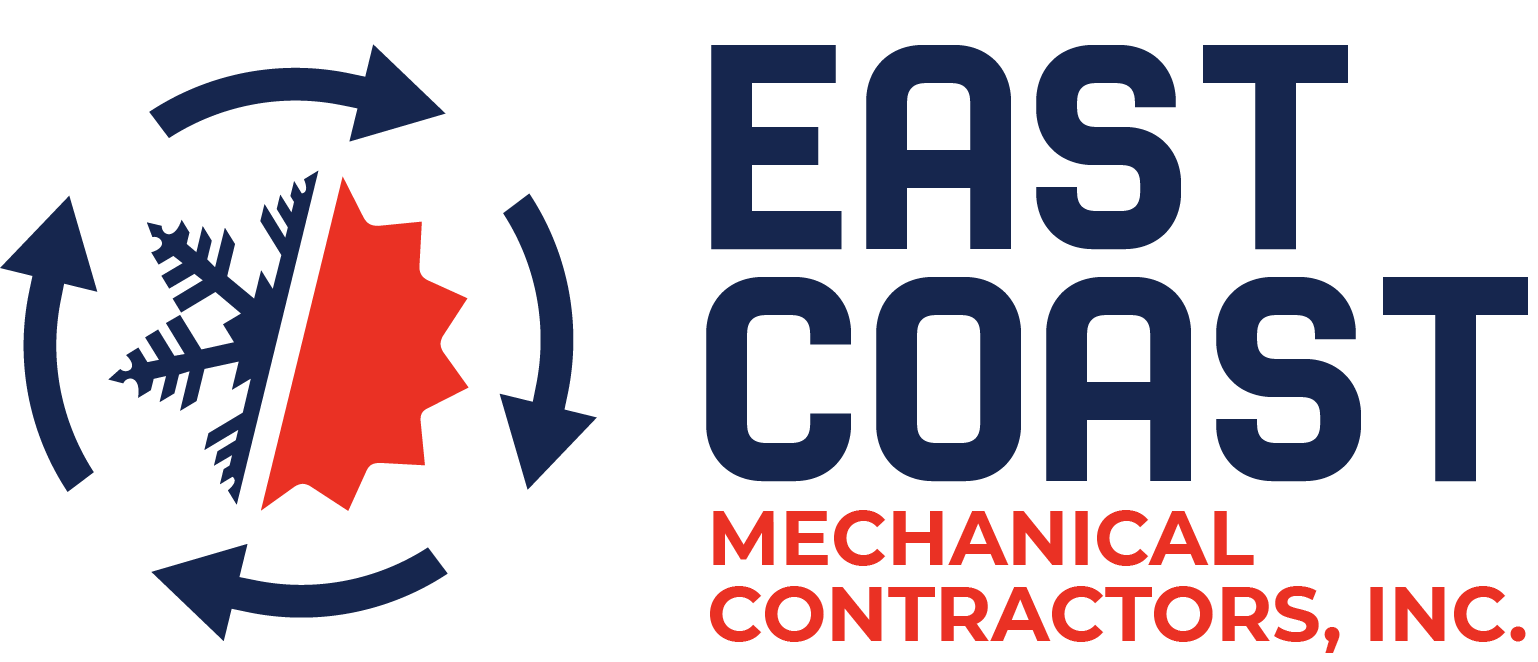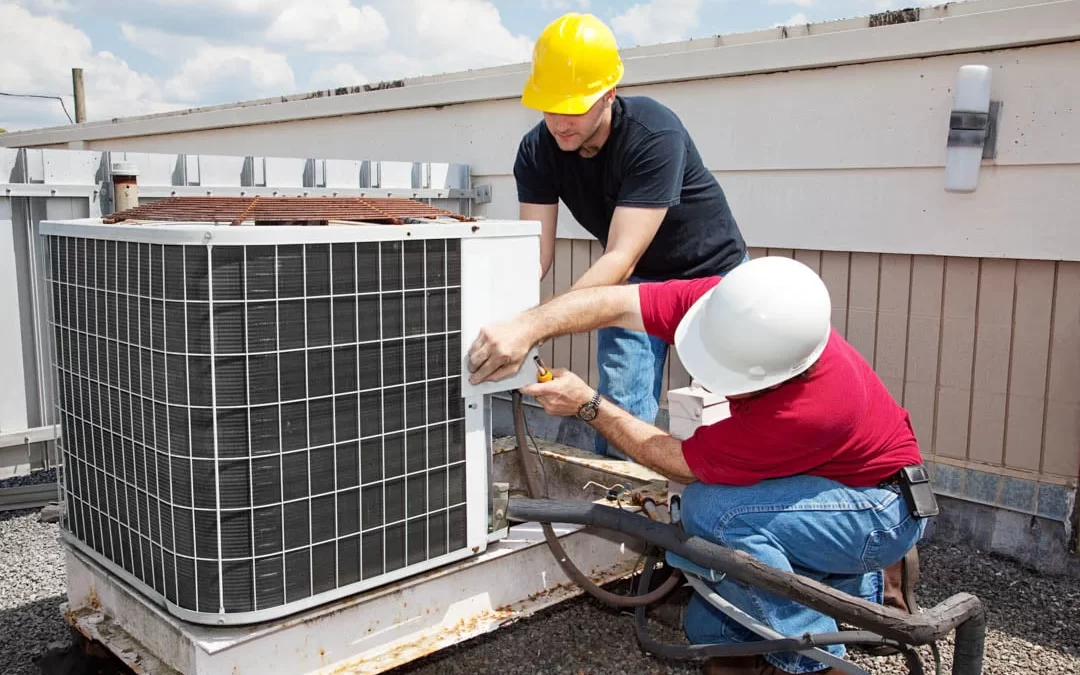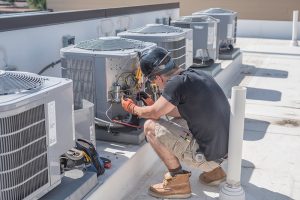HVAC (Heating, Ventilation, and Air Conditioning) systems are crucial for maintaining comfort and air quality in homes and commercial spaces. However, like all mechanical systems, they can break down unexpectedly. HVAC emergencies, such as no heating or cooling, can disrupt your daily operations or comfort, and emergency repairs can be expensive. The good news is that most HVAC emergencies can be prevented with regular maintenance and by being proactive. In this post, we’ll discuss how to prevent HVAC emergencies before they happen, helping you save money and avoid discomfort.
Why Prevent HVAC Emergencies?
Preventing HVAC emergencies is not only about avoiding inconvenience but also about protecting your investment. A well-maintained system runs efficiently, consumes less energy, and lasts longer. Here’s why you should focus on preventing HVAC issues:
- Cost Savings: Emergency repairs can be expensive, and replacing a broken HVAC system is much more costly than routine maintenance.
- Improved Comfort: A well-maintained HVAC system keeps your home or business at the desired temperature, ensuring comfort year-round.
- Increased Lifespan: Regular maintenance and care extend the life of your HVAC system, saving you money on premature replacements.
- Health Benefits: A clean, well-maintained HVAC system improves air quality and prevents the buildup of dust, allergens, and mold in your air ducts.
How to Prevent HVAC Emergencies
Preventing HVAC emergencies before they happen comes down to regular maintenance, early problem detection, and taking the right steps to ensure that the system is running optimally. Here are some key steps to prevent common HVAC emergencies:
1. Schedule Regular HVAC Maintenance
The most effective way to prevent HVAC emergencies is by scheduling regular professional maintenance. Ideally, HVAC systems should be serviced twice a year — once in the spring before the summer cooling season, and once in the fall before the winter heating season. A qualified technician will inspect the system, clean key components, and identify any potential issues before they escalate.
What’s Included in Regular Maintenance?
- Filter Replacement: Air filters trap dust and allergens. Clogged filters reduce airflow, strain the system, and lead to emergency breakdowns.
- Coil Cleaning: Both evaporator and condenser coils need cleaning to maintain efficient heat exchange and prevent the system from overheating.
- Refrigerant Check: Low refrigerant levels can affect the cooling performance of your system and lead to compressor failure. A professional can ensure the refrigerant levels are correct.
- Lubrication of Moving Parts: Components like fans and motors need regular lubrication to prevent wear and tear, reducing the risk of mechanical failure.
- Thermostat Calibration: A professional will ensure that your thermostat is working properly, preventing temperature inconsistency or system malfunctions.
2. Change Air Filters Regularly
Air filters are one of the most critical components in your HVAC system. Dirty filters restrict airflow, causing the system to work harder and leading to overheating or breakdowns. Clogged filters also lead to poor indoor air quality, increasing allergens, dust, and bacteria circulating in your home or office.
It’s recommended to check your filters every month and change them at least every 3 months. However, if you have pets or live in a dusty environment, you may need to replace the filters more frequently.
3. Keep the Area Around the HVAC System Clean
The area surrounding your HVAC system, both inside and outside, should be kept clean and free from debris. For example, outdoor units should be cleared of leaves, dirt, and other objects that could block airflow. Indoor units should be kept clear of furniture or other items that could obstruct air vents.
How to Maintain Your HVAC Area:
- Keep shrubs, trees, or bushes at least two feet away from the outdoor unit.
- Clean the outdoor unit periodically to remove debris and dirt buildup.
- Ensure air vents inside are unblocked by furniture or drapes to allow proper airflow.
4. Check and Clean the Ducts
Over time, dust, dirt, and debris can accumulate in the ducts of your HVAC system, causing blockages or poor airflow. This can lead to the system working harder, resulting in higher energy consumption and increased wear and tear on components. Regularly cleaning your ducts can help improve efficiency and prevent system malfunctions.
Signs that Duct Cleaning Is Needed:
- Visible dust or mold around air vents
- Strange smells or reduced airflow
- Inconsistent temperatures in different areas of your building
5. Monitor System Performance
Pay attention to how your HVAC system is performing throughout the year. If you notice any changes in the system’s performance, it could be a sign of a potential issue that needs attention. For example:
- Uneven cooling or heating: If some rooms are cooler or warmer than others, it may indicate airflow issues, duct problems, or thermostat malfunctions.
- Strange noises: If your system starts making unusual sounds, such as grinding, rattling, or squealing, it may indicate a mechanical issue that needs to be addressed before it worsens.
- Increased energy bills: If your energy bills rise unexpectedly, your HVAC system may be working harder than it should be, possibly due to a dirty filter or a malfunctioning component.
6. Install a Programmable Thermostat
A programmable thermostat allows you to set temperatures according to your schedule, reducing the load on your HVAC system when it’s not needed. For example, you can program the system to cool or heat your space before you arrive home, and it can automatically adjust to save energy while you’re away. This helps reduce wear on the system and lowers energy costs.
7. Upgrade to an Energy-Efficient System
If your HVAC system is old or inefficient, it may be time to upgrade to a newer, energy-efficient model. Newer systems are built with improved technology that not only provides better heating and cooling but also saves energy. While the initial cost may be higher, the savings on energy bills and the reduced likelihood of breakdowns can make it a worthwhile investment in the long term.
8. Address Small Issues Quickly
Don’t wait for small issues to turn into major problems. If you notice something unusual with your HVAC system, such as poor airflow, inconsistent temperatures, or strange smells, call a professional to inspect and repair the system. Timely intervention prevents minor issues from becoming emergency situations.
Conclusion
Preventing HVAC emergencies before they happen is all about regular maintenance, early detection of problems, and proper care of your system. By following the steps outlined in this post, you can ensure that your HVAC system runs smoothly, efficiently, and reliably, helping you avoid costly repairs and uncomfortable breakdowns. Remember, routine servicing is essential to extend the lifespan of your system and keep your home or business comfortable year-round.
Contact Us For Emergency Services:
Need to schedule your HVAC system maintenance? Contact East Coast Mechanical today to keep your system running smoothly and prevent emergencies. Our expert technicians are ready to help you with all your HVAC needs!
Contact Details:
Website:https://ecmchvac.com
Phone: 732-751-8877
Email: ecmcecmc@aol.com
Location: 5133 W Hurley Pond Rd # A, Wall Township, NJ 07727


